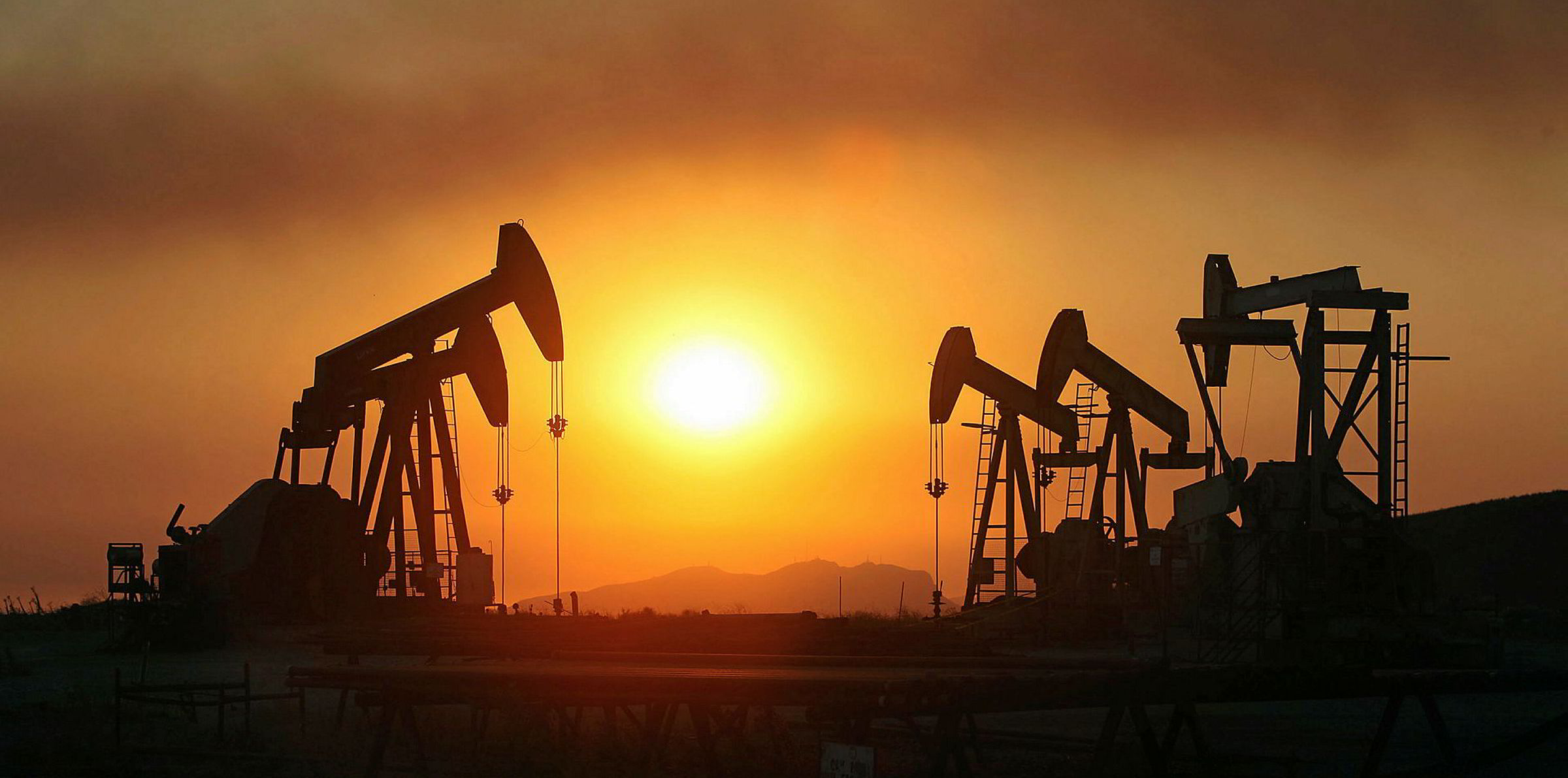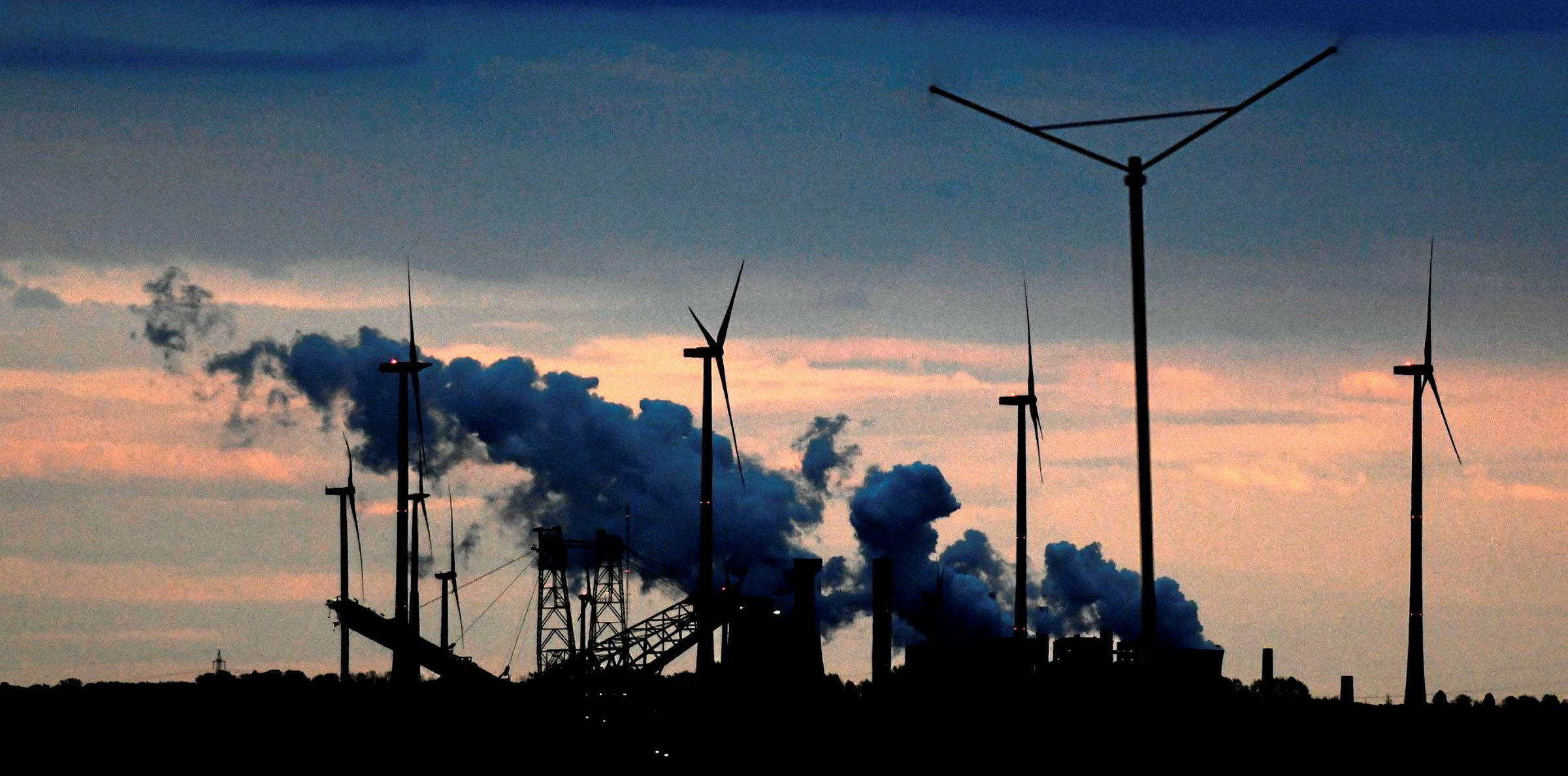There is worldwide resistance to meeting the Paris Agreement goals, meaning that fossil fuels will still contribute about 85% of primary energy supply by 2040, and wind and solar will only provide 24% of the world’s electricity by that date, according to Wood Mackenzie’s Energy Transition Outlook 2019 report.
“The technologies essential for decarbonisation remain nascent; policy and regulation lack global coordination; and investment in the production of hydrocarbons and in the sectors that consume them persists at a high rate because money can be made,” writes WoodMac president Neal Anderson.
“While some of the technologies required for a 2°C future are economic, proven and scalable, many others are not. Optimists look at solar and wind costs and say we have all we need to achieve our targets. The reality is that significant additional investment and political will are needed to get them to a material scale globally. And the huge challenges that remain in sectors beyond power and road transport are often downplayed.”
The report points out that since the Paris Agreement was signed at COP21 in 2015, “the global backdrop has become more challenging and polarized — with less cooperation. The ongoing trade war is also impeding progress.
“Policies being promoted in the EU and smaller economies are helpful. But larger, energy-dense countries and energy-rich segments lack any serious progress,” it says.
The report states that while the competitiveness of wind and solar is improving, there are practical limitations with increasing their use in the energy mix.
“We see growth in energy storage to almost 600GW. But without long-duration storage, on a much higher scale, high solar and wind yields negative prices and grid shape, design and stability issues.
“Where is value captured in ‘zero carbon’ economies when marginal power prices collapse? Can design change solve this? Possibly. Beyond capacity markets and auctions, value creation in renewables still doesn’t look as remunerative as the best oil & gas developments.”
It continues: “We forecast coal, gas and oil will still contribute around 85% of primary energy supply by 2040, compared with 90% today. Availability of resource, infrastructure and cost competitiveness (absent a carbon price) keeps fossil fuels resilient. We also see the potential for protectionism to creep in to other areas of the economy, hastening the need to focus on domestic resources; including fossil fuels.”
Consequently, carbon emissions will continue to rise until the 2030s, and the world is heading towards a 3°C temperature increase.
Putting the planet on course for the 2°C rise, as stipulated in the Paris Agreement, will require “urgent policy and regulatory initiatives in both laggard OECD but also non-OECD countries too”, the report explains.
“These must include tax policy and subsidies that incentivise R&D and capital allocation into the zero-carbon technologies. It will need continued support for investment in renewables, as well as transforming existing technologies – carbon capture, utilisation and storage; batteries and long-duration energy storage; hydrogen and alternatives in non-power – into commercial propositions.
“That is the scalability challenge we see.”



